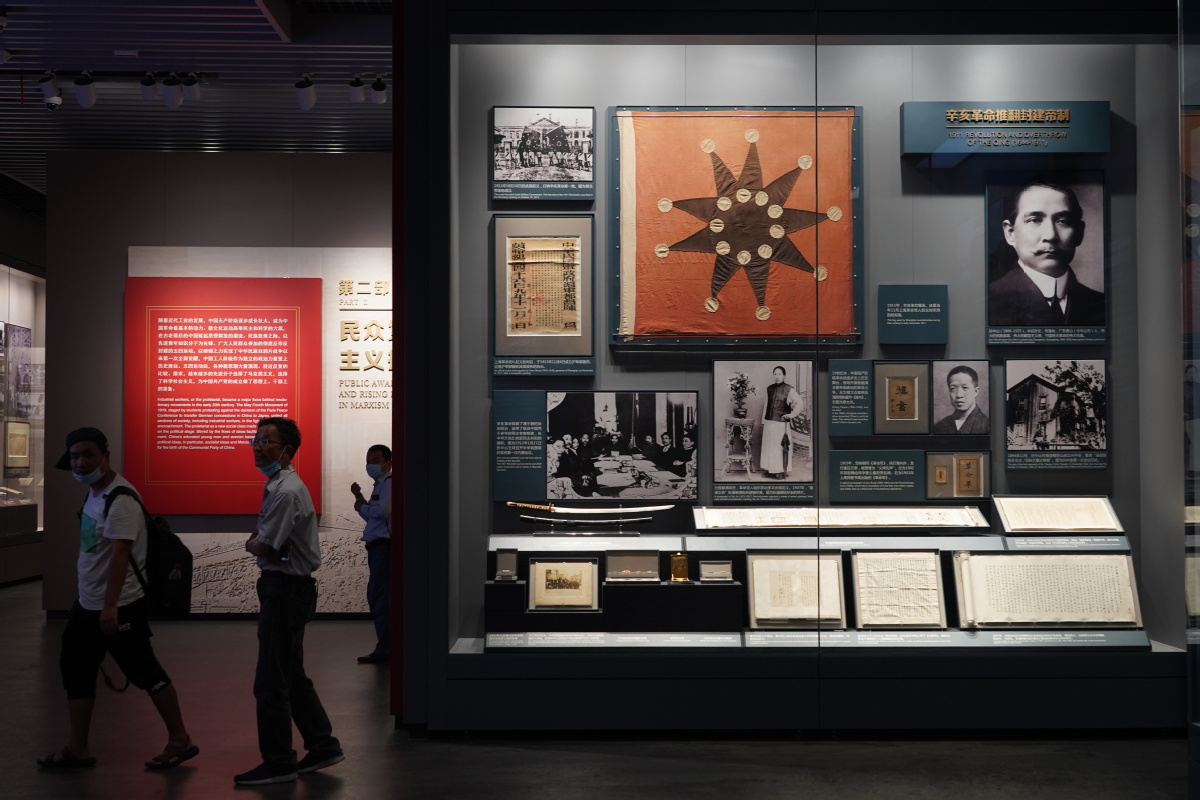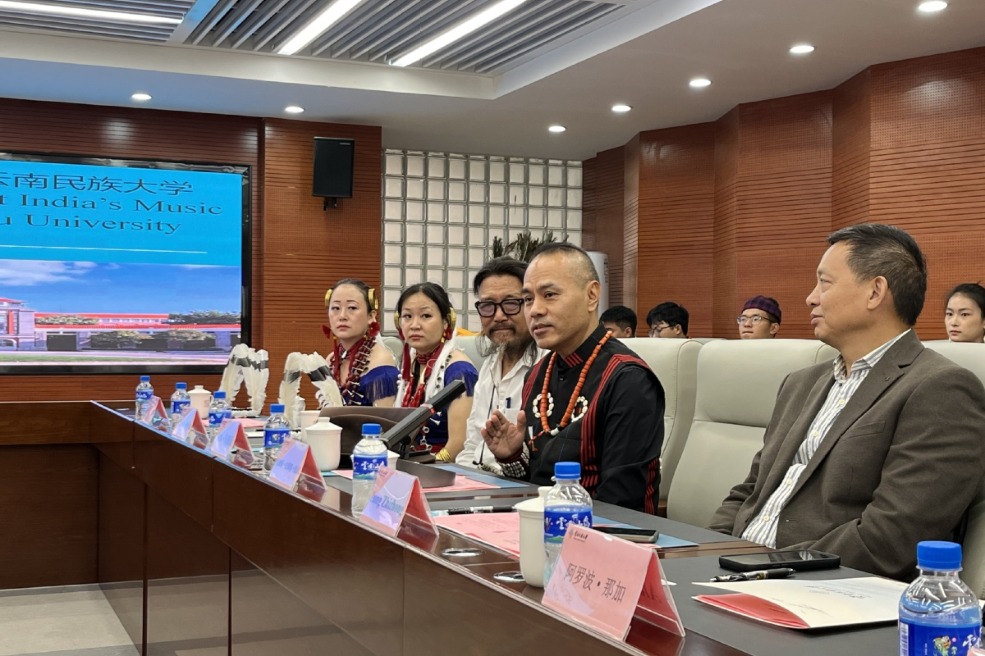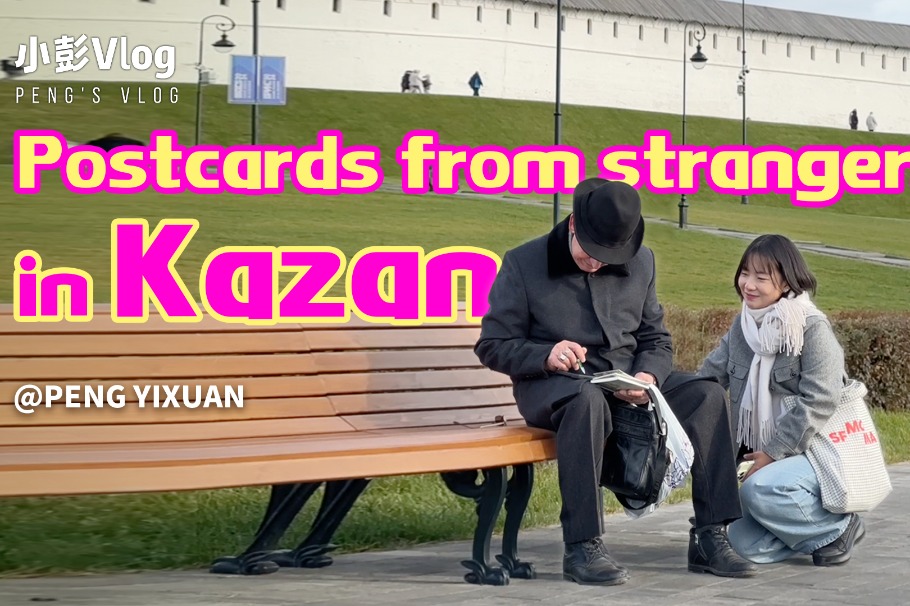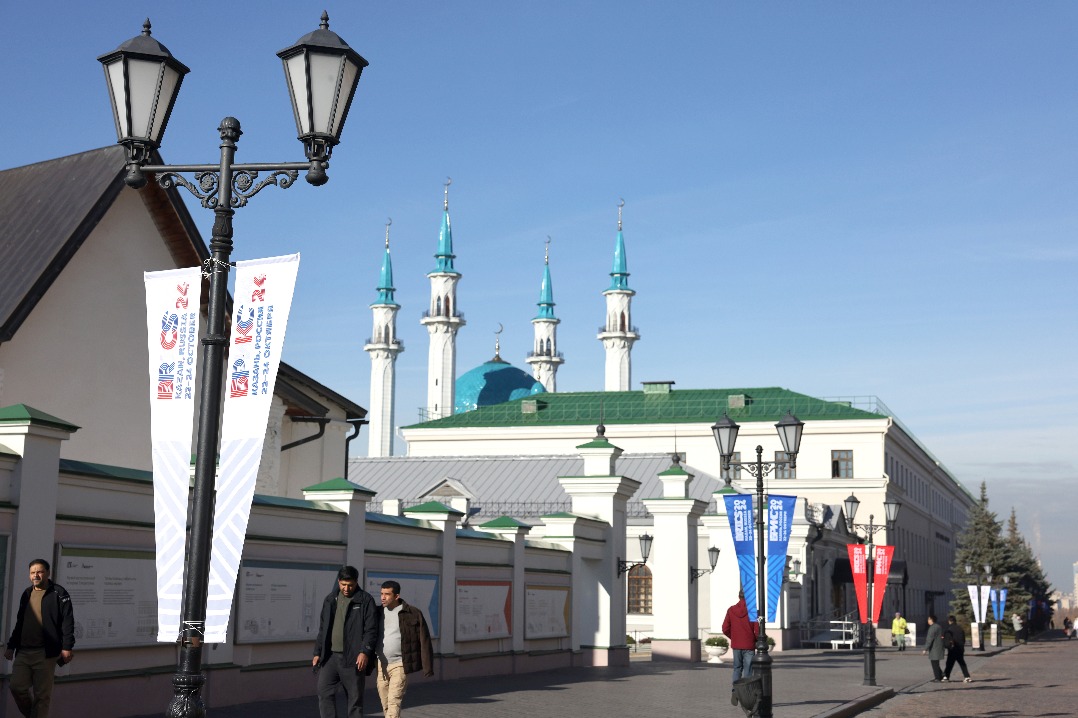1911 Revolution began rejuvenation process
By Ma Min | chinadaily.com.cn | Updated: 2021-10-08 11:25

This year marks the 110th anniversary of the 1911 Revolution, a milestone in the long and arduous journey to realize the rejuvenation of the Chinese nation.
Reviewing the three "historic changes" in China in the 20th century, the report of the 15th National Congress of the Communist Party of China (CPC) in 1997 said the 1911 Revolution was the first historic change (the other two being the founding of New China, and the launch of Reform and Opening-up), and emphasized that it played a vital role in promoting national rejuvenation.
How should we evaluate the relationship between the 1911 Revolution and the rejuvenation of the Chinese nation?
To begin with, the 1911 Revolution accelerated China's social transformation in four ways. It initiated the national democratic revolution in the complete sense of the term in modern China, and laid the foundation for national rejuvenation.
Before the 1997 CPC National Congress, it was believed that the greatest historic achievement of the 1911 Revolution was that it overthrew the decadent Qing Dynasty (1644-1911), ended the 2,000-year-old autocratic monarchy and established the first bourgeois republic in China.
Another prominent feature of the 1911 Revolution is Chinese-style "nation-building", that is, how to deal with the relationship between the nation and the state, and between the Han and Manchu and other ethnic groups. This is the key point that distinguishes the 1911 Revolution from the revolutions in other countries, and from those taken place afterwards in China.
Also, the 1911 Revolution was a national revolution that overthrew the feudal aristocracy and resisted foreign interference, and triggered a political movement to build "a nation state" and establish "a Republican charter".
These features enabled the 1911 Revolution to found the Republic of China (1912-49) by combining the political will of resisting foreign powers from invading and exploiting the country with the internal spirit of social revolution aimed at nation-building.
It also helped the Chinese leaders and intellectuals to introduce the modern political concept of nation-state and modern national consciousness among the people, promote the initial transformation of China from a feudal society to a nation in the modern sense, and accord the Chinese people of being citizens, instead of "subjects", of the Chinese nation with political rights, which laid the political foundation for China's national rejuvenation. It is in this sense that we consider the 1911 Revolution the national democratic revolution.
Second, the 1911 Revolution promoted China's early modernization process, explored the road to national prosperity and laid the first economic foundation for national rejuvenation. In China's modern national rejuvenation history, the relationship between the revolution and nation building and between revolution and modernization has always been a major topic of discussion and research.
In the past, some theorists used to think that in the context of social development, revolution was worse than reform, because revolution imposed destructive effects. But in doing so, they ignored the fact that revolution also has a constructive aspect, and that revolution and construction together constitute the historical process of national unity and rejuvenation. China's booming national capital growth after the 1911 Revolution cleared the obstacles and opened up the way to the country's socioeconomic development.
Third, the 1911 Revolution promoted the emancipation of the Chinese people's mind, laying the ideological foundation for national rejuvenation. The success of the 1911 Revolution and the establishment of the Republic of China had a greater and more far-reaching effect on the future of the country, as it opened the floodgates of China's ideological progress.
For the Chinese nation, it was an ideological enlightenment and emancipation, as well as an unprecedented national awakening that has had a long-term influence on the ideological course of modern China.
And fourth, the 1911 Revolution laid the initial foundation for China's foreign exchanges and international relations that later helped China to integrate into the international community.
But all the transformations triggered by the 1911 Revolution were only preliminary. And some of its leading players had some serious defects. It was also limited in its reach. As a result, the grand theme of the rejuvenation of the Chinese nation was only initially developed during the 1911 Revolution, and the process gained momentum in earnest later.
It was on the basis of the 1911 Revolution that the Communist Party of China and the Chinese people, through their concerted efforts, laid the complete foundation for the rejuvenation of the Chinese nation, and paved the road to a bright future.
The author is a professor at the Institute of Modern Chinese History, the Central China Normal University. The views don't reflect those of China Daily.
























